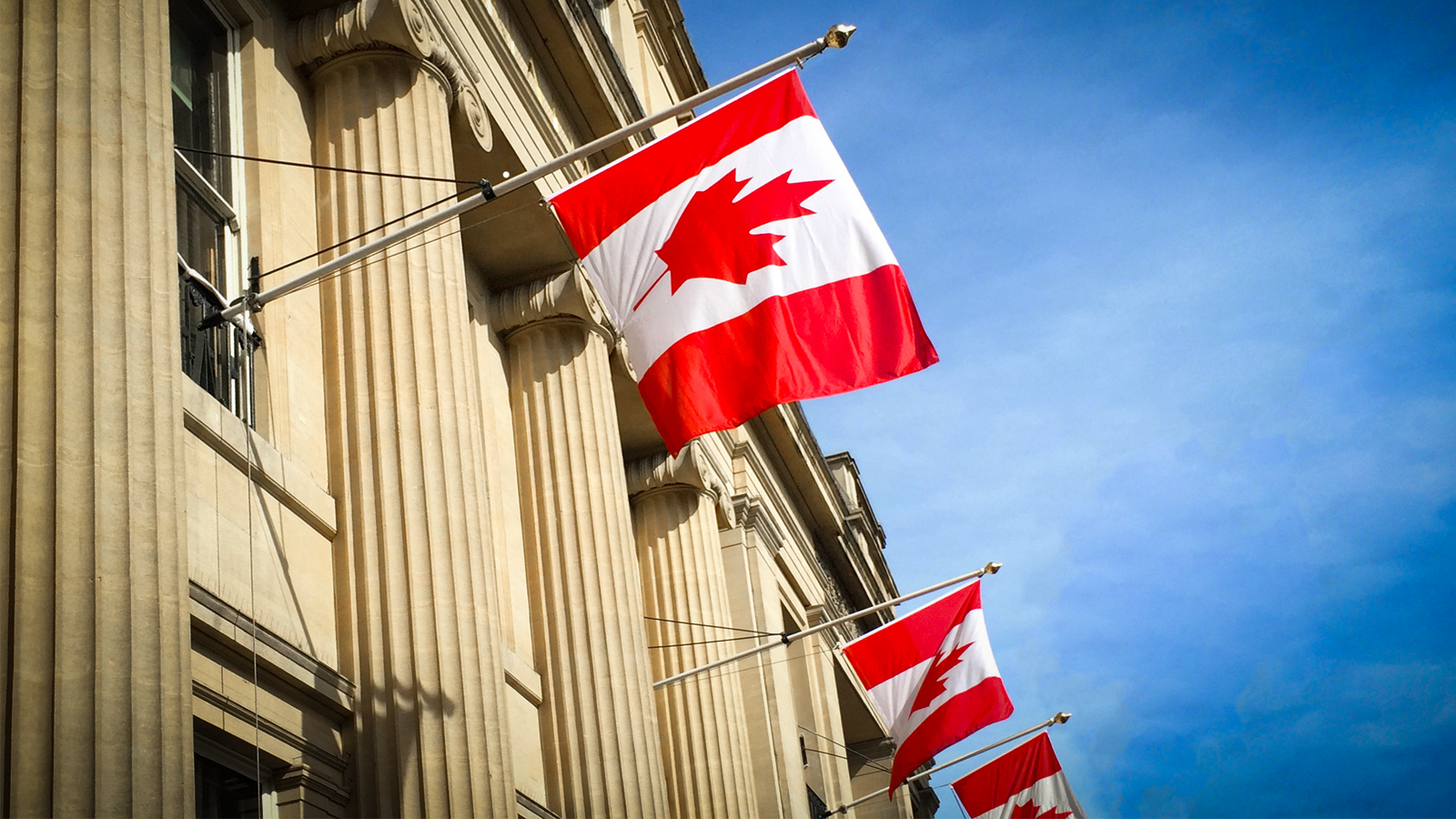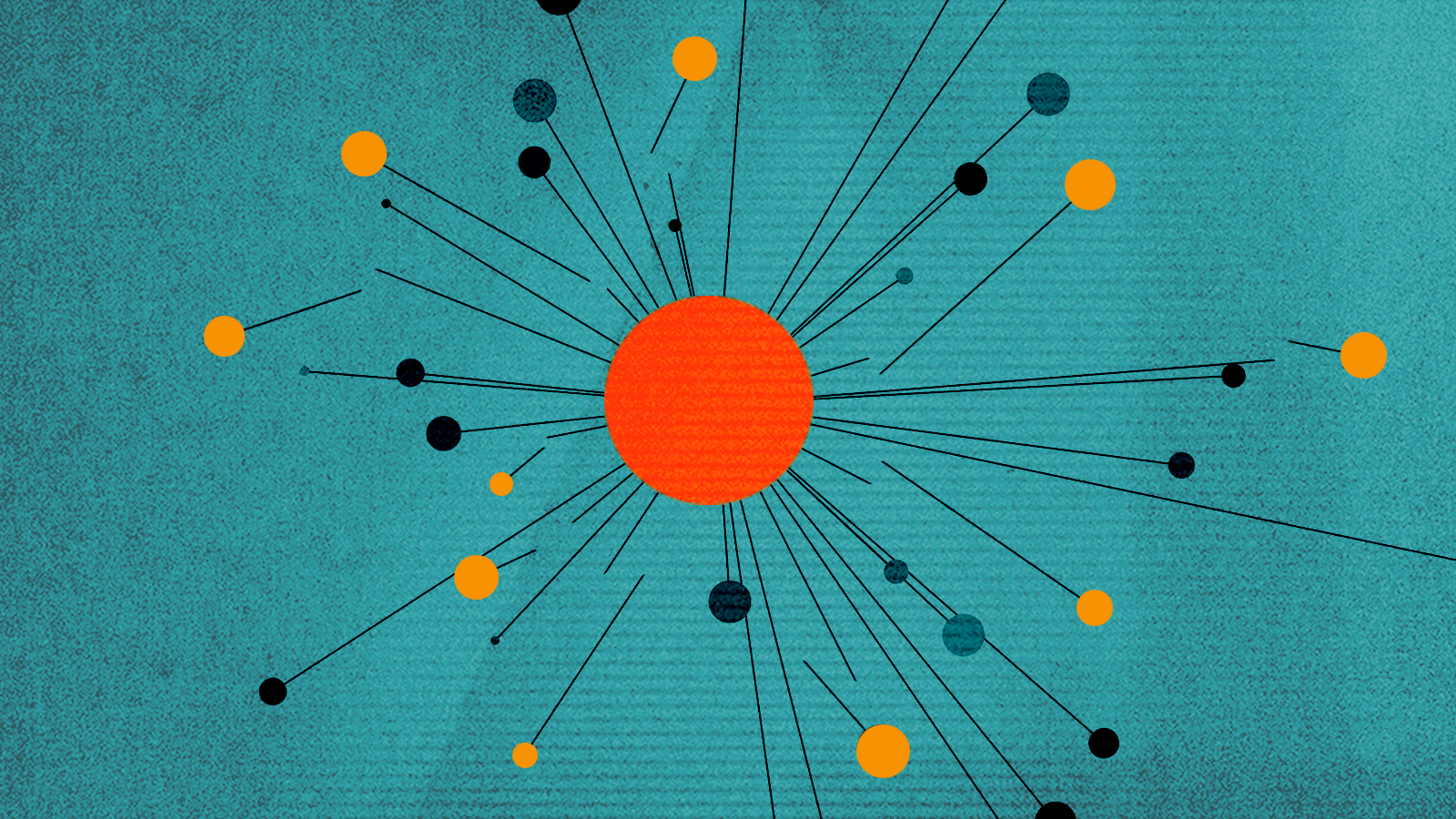Last week, the Canadian government named over 100 foreign research institutions that pose a national security risk to the country.
Under a new policy, Canadian universities and institutions that focus on certain “sensitive” research areas will not be eligible to receive federal grants if they’re affiliated with the identified foreign institutions.
The foreign institutions, which are based in China, Russia and Iran, are associated with the military, national defense and state security entities of those countries.
“To ensure compliance with the [policy], all researchers involved in activities funded by a research grant that advance a sensitive technology research area must review the list of Named Research Organizations,” the Canadian government noted.
It also said that the list will regularly be updated and warned Canadian organizations that foreign institutions that were not named could still pose a risk. The Canadian government recommended that researchers apply due diligence practices to reduce the risks that may come with partnering up with foreign institutions that work in “a sensitive technology research area.”
Under a new policy, Canadian universities and institutions that focus on certain “sensitive” research areas will not be eligible to receive federal grants if they’re affiliated with the identified foreign institutions.
The foreign institutions, which are based in China, Russia and Iran, are associated with the military, national defense and state security entities of those countries.
“To ensure compliance with the [policy], all researchers involved in activities funded by a research grant that advance a sensitive technology research area must review the list of Named Research Organizations,” the Canadian government noted.
It also said that the list will regularly be updated and warned Canadian organizations that foreign institutions that were not named could still pose a risk. The Canadian government recommended that researchers apply due diligence practices to reduce the risks that may come with partnering up with foreign institutions that work in “a sensitive technology research area.”

Join our Quick Take webinar for an overview of Canada’s research & academic security measures and the challenges associated with due diligence best practices to mitigate risks associated with academic partnerships or research collaborations with foreign parties of concern in sensitive technology areas.
In this discussion, we will further explore the policy's implications for Canadian research, balancing collaboration with security.
Register here.
In this discussion, we will further explore the policy's implications for Canadian research, balancing collaboration with security.
Register here.
Canada also released a list of “sensitive” research areas that consists of advanced and emerging technologies that are crucial to the country’s research and development. The research areas include artificial intelligence, biotechnology, quantum science and advanced weapons.
The new policy is intended to prevent foreign governments as well as state-sponsored or non-state actors from stealing and misusing Canada’s technologies for their own interests.
In December, the head of Canada’s spy agency, David Vigneault, warned that China shouldn’t be underestimated for its efforts to steal Canadian research, CBC News reported.
Vigneault’s warning comes as the intelligence chiefs of the Five Eye countries, which include the U.S., the U.K., Canada, Australia and New Zealand, accused China of intellectual property theft and engaging in hacking and spying activities against those nations, Reuters reported.
"The Chinese government is engaged in the most sustained, scaled and sophisticated theft of intellectual property and expertise in human history," said Mike Burgess, the Australian Security Intelligence Organisation's director-general.
The Five Eye countries made those warnings in October following a meeting with private companies in Silicon Valley.
In August, U.S. intelligence agencies, including the FBI, warned the space industry against foreign entities who have attempted to steal research and trade secrets to enhance their country’s space programs, Reuters reported.
The agencies issued a notice highlighting the threats, the impact it has on the industry, and ways companies can mitigate the risks.
"We anticipate growing threats to this burgeoning sector of the U.S. economy," a U.S. counterintelligence official told Reuters at the time, adding that "China and Russia are among the leading foreign intelligence threats to the U.S. space industry."
The new policy is intended to prevent foreign governments as well as state-sponsored or non-state actors from stealing and misusing Canada’s technologies for their own interests.
In December, the head of Canada’s spy agency, David Vigneault, warned that China shouldn’t be underestimated for its efforts to steal Canadian research, CBC News reported.
Vigneault’s warning comes as the intelligence chiefs of the Five Eye countries, which include the U.S., the U.K., Canada, Australia and New Zealand, accused China of intellectual property theft and engaging in hacking and spying activities against those nations, Reuters reported.
"The Chinese government is engaged in the most sustained, scaled and sophisticated theft of intellectual property and expertise in human history," said Mike Burgess, the Australian Security Intelligence Organisation's director-general.
The Five Eye countries made those warnings in October following a meeting with private companies in Silicon Valley.
In August, U.S. intelligence agencies, including the FBI, warned the space industry against foreign entities who have attempted to steal research and trade secrets to enhance their country’s space programs, Reuters reported.
The agencies issued a notice highlighting the threats, the impact it has on the industry, and ways companies can mitigate the risks.
"We anticipate growing threats to this burgeoning sector of the U.S. economy," a U.S. counterintelligence official told Reuters at the time, adding that "China and Russia are among the leading foreign intelligence threats to the U.S. space industry."







